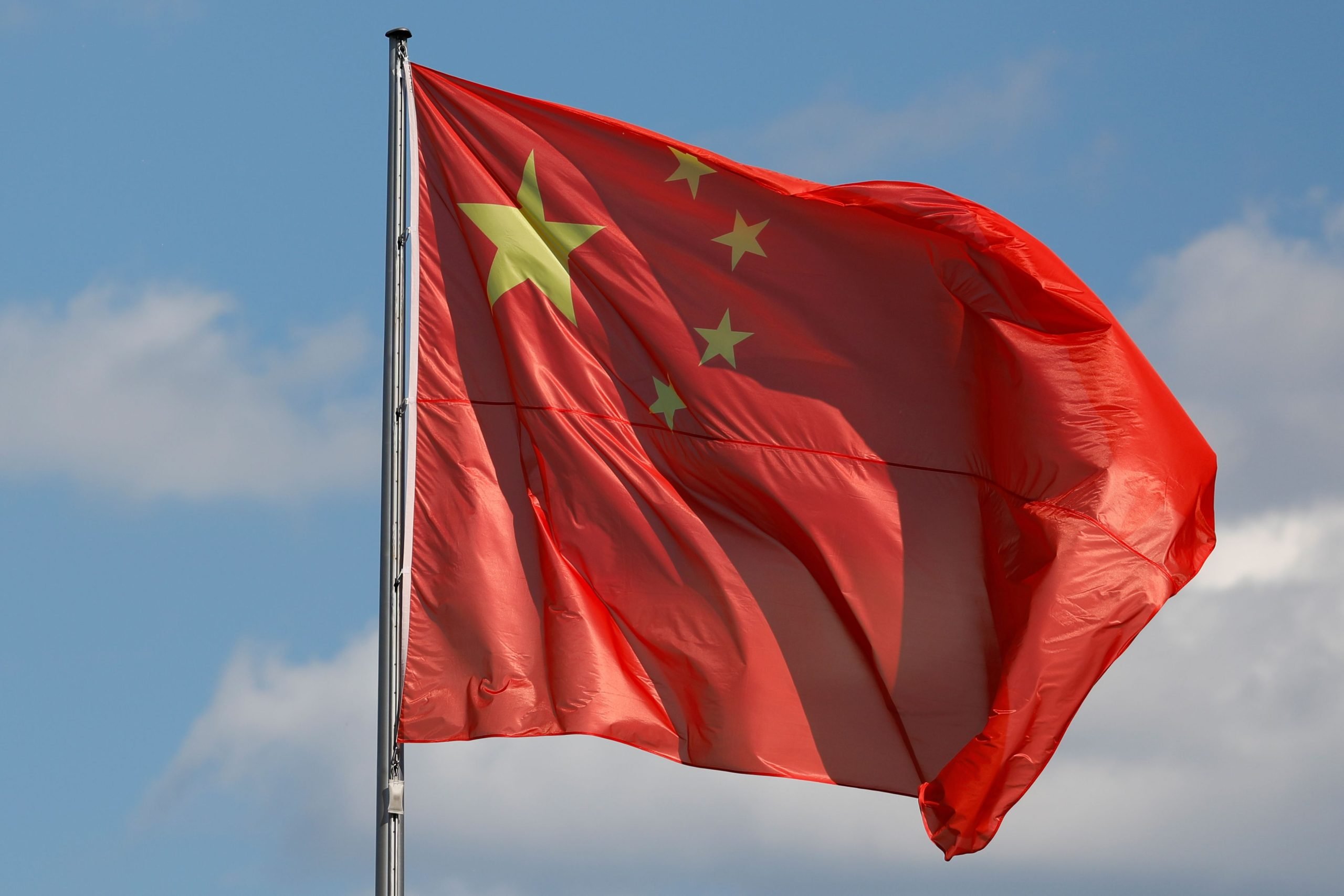China is actively pursuing the creation of a state-run digital currency. It could make its way to Macau’s casinos, a move that analysts with the Bernstein brokerage believe would make financial oversight more flexible.


A Thursday note from Bernstein suggests that Beijing may allow China’s digital currency at Macau’s casinos. This could lead to Beijing easing its capital controls due to increased transparency in financial transactions.
While the idea of Macau’s regulators allowing digital currency-based cashless gaming has been around for some time, the concept has gained momentum recently. China is expanding its digital currency pilot program and is determined to see it become mainstream, possibly later this year.
China Reinforces Control
Originally, the pilot program was expanded to four cities in April 2020, and six more that October. Beginning last month, the People’s Bank of China (PBOC) began expanding the pilot program to 11 cities.
If cashless gaming is adopted in Macau, China’s Digital RMB could become an essential part of the infrastructure and provide an edge to allow seamless implementation of large-scale cashless play,” said Bernstein.
Bernstein believes that the central bank digital currency (CBDC), at least as it pertains to Macau, could be a “one-stop solution” for gamblers and casinos. It would eliminate the need for third-party payment providers, as well as simplify chip-purchasing transactions. It would also eliminate any transaction costs typically associated with those purchases.
Bernstein explained that the benefits of cashless gaming and digital RMB to Macau’s casinos include anti-money laundering (AML), frictionless gaming, and relaxation of China’s tight cross-border capital controls. All funds, at all times, will be traceable.
It warned, however, that this could reduce demand among the bigger spenders. It might also “discourage high gambling spending, as Chinese customers may think their funds used for gambling will be ‘under surveillance.’”
Those concerns aren’t enough to make Bernstein believe the use of the digital currency in Macau would be a bad thing. The brokerage recommended that the government should use the digital alternative, asserting that transparency could help government relax restrictive measures and encourage more mass play in Macau.
Pumping the Brakes
China made its digital currency legal tender in October 2020, when it updated its financial laws. It then began conducting pilot programs in Shenzhen, Suzhou, and other areas to test its viability.
Shenzhen, located in the Guangdong province, is an important gateway for tourists to Macau and Hong Kong. Suzhou, which is located close to Shanghai, is a major economic center in the country.
It’s not clear how any digital currency program in Macau would work. According to some reports, the DICJ, Macau’s gambling regulator, does not want certain digital wallets to work on Macau’s gaming floors. It is more likely that only a registered, state-issued wallet will be permitted.
The Chinese government will be able to track the CBDC usage at 100%. All data relating to the financial system would be stored in a central repository. The central bank will be able to track who spends money, where and when they spend it, and how much they spend.
CBDC To Have a Global Impact
It is possible that the digital currency may include hidden switches. It could have an expiration date, according to inside sources. This would make it mandatory for consumers to purchase the currency or risk losing it. The government can also easily block individuals’ access to money for any number of reasons – valid or otherwise.
China is planning to take its currency to the digital space. There has been talk of requiring businesses to use the CDBC even for international trade.
Foreign business entities would need to be able to transact with the digital currency, as there are global restrictions on the use of the yuan. The imposition of the country’s digital currency on international trade could cause disruptions to supply lines. As a result, trade would be more difficult and costly.
Macau is in a precarious position. It must answer to China, which has been exerting more control over its two special autonomous regions. It also wants everyone to view it as a neutral territory. China continues to crack down more severely in Hong Kong, and Macau could be next.
The post Macau Use of China’s Digital Currency May Ease Oversight – Bernstein appeared first on Casino.org.
